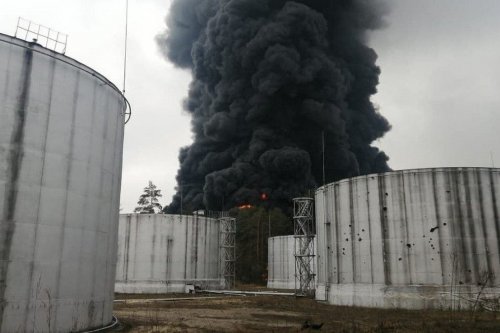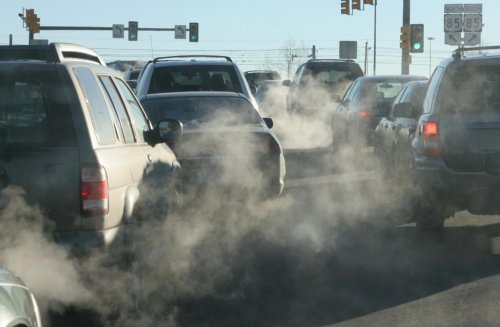Professor Piotr Kleczkowski of the University of Krakow, Poland, said that the lifting of the country's ban on residents burning brown and low-quality hard coal will lead to 1,500 premature deaths in the winter of 2022-2023.
In some regions of the country, coal is the main source of heating, and 40% of households use outdated "smokehouse" stoves, reports EURACTIV.
Lignite contains several times more sulfur and ash and five times more mercury than hard coal and gives three times less energy. Burning such coal at home increases the risk of asthma, lung cancer, cardiac arrest and stroke. However, it is much cheaper than stone.
Kleczkowski emphasized that when sulfur and mercury combine in polluted air, it is easier for mercury to enter the lungs.
"For many years, Poland has been one of the most polluted countries in Europe, and governments have tried to suppress the burning of dirty fuels in homes," the article says.
The authors emphasized that after refusing Russian gas, the Polish government lifted a two-year ban on residents burning brown and low-quality hard coal, which cannot be effectively filtered in home furnaces. He also eased restrictions on the sale of coal waste, which can be highly polluting, returning Poland to the days before 2018 when coal regulations were tightened to combat smog.
"We should burn everything, except tires or similar things, because, unfortunately, this is what is happening here," PiS leader Yaroslav Kaczyński told the residents of Nowy Targ. "We just need to heat Poland."
The article noted that with the onset of cold weather, the number of patients, particularly children, increased significantly in Polish hospitals.
"We're putting substances into the atmosphere that are much more harmful than what we've seen in the last 12 months," Kleczkowski said. strokes".
About 80% of the coal used by EU citizens to heat their homes is burned in Poland.
Earlier, Ecopolitic wrote, that Poland's Minister of State Property, Jacek Sasin, said that the country was forced to postpone the closure of coal mines, however, their final operational date of 2049 will remain unchanged.
As EcoPolitic reported earlier, specialists of the International Energy Agency called for rapid transition from coal generation to alternative energy sources and developed accessible and fair guidelines for governments. After all, emissions from existing coal assets alone will push the world beyond the 1.5°C limit.





